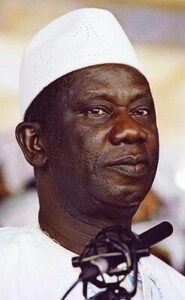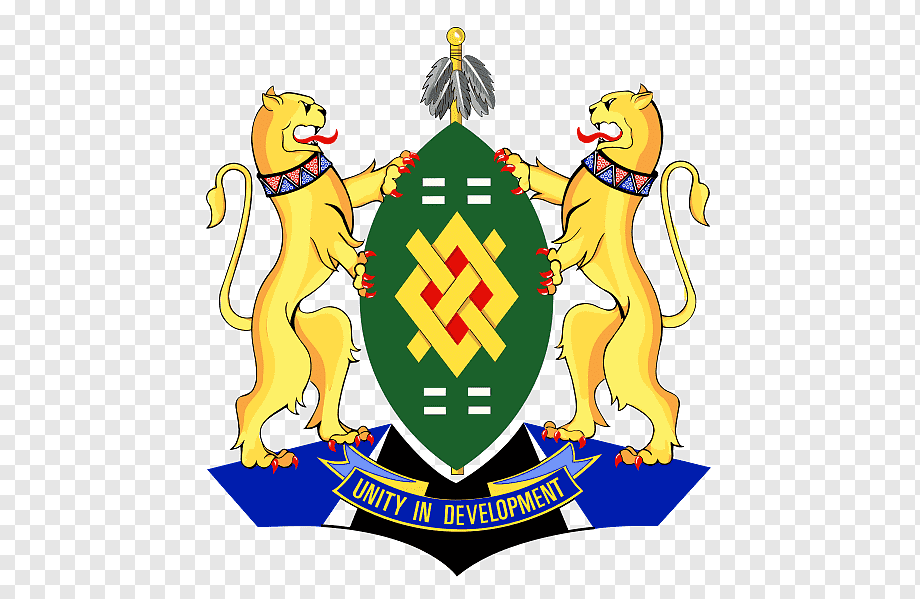South Africa has a rich and diverse history that can be traced back to ancient times. April 3 stands as another thread woven into this remarkable tapestry. Let us explore the layers of South African history, delving into the past and unravelling the narratives that left their mark on this extraordinary land.

1996: Members of the Afrikaner Resistance Movement are sentenced for disrupting elections
Five members of the ultra right Afrikaner Resistance Movement (AWB) were sentenced to twenty-six years imprisonment each for their part in a bombing campaign in which twenty people were killed and hundreds injured, aimed at disrupting the 1994 elections.
1984: Lansana Conte’ leads a coup that deposes Guinea’s interim government
Lansana Conte was the second president of Guinea. He came into power in 1984 after a military coup. His regime survived multiple coup attempts, and he narrowly escaped an assassination attempt. He passed away in 2008 due to an undisclosed long illness.
1973: A Pilot Cellular phone project is launched
Cellular phones were first explored in 1947 by researchers who aimed to increase traffic capacity by using small cells and frequency reuse. However, technology was not advanced enough at the time. The first commercial cellular network was launched in Chicago in 1978, followed by Japan and Scandinavia. In the 1990s, cellular phones became popular in South Africa and today, 60% of households own a cell phone. This. technology has provided internet access to rural with 61% of internet users in rural areas accessing it through mobile phones.
1968: Government declares that five ‘non-White’ South African University Colleges will be entities separate from the University of South Africa
In 1968, South Africa’s Prime Minister announced that five non-white university colleges would become separate entities from UNISA. These institutions would be called universities and operate independently. The colleges played a significant role in South Africa’s liberation struggle.
1930: Tafari Makonnen proclaimed Emperor Haile Selassie I of Ethiopia
Haile Selassie, born in either 1891 or 1894, was the son of Ras Makonnen Wolde Michael, Governor of the region of Harrar. He modernised Ethiopia by transforming its government and institutions, as well as resisting Italian attempts to colonise the country. He became Emperor in 1930 and worked to modernise governance, education, and industry. However, his reign was marked by tensions and opposition, ultimately leading to his overthrow by Marxist dictator Mengistu Haile Mariam. Despite criticisms, Selassie’s position as an African leader gave hope to countries seeking to cast off colonialism.
1900: Captured Gen. Cronje and his wife are shipped to St Helena
General Piet Cronje, commandant-general of the Zuid-Afrikaansche Republiek, surrendered with 1,000 Republican prisoners of war during the Anglo-Boer War 2. He was banished to St Helena, an island off the west coast of Africa, where he was held in a British prisoner of war camp. The camp was made up of tents and shanties, and prisoners ranged from nine to eighty-two years old.
1702: Merenstejin Sinks
In 1693, the Merenstejin, a Dutch merchant ship, sank off Jutten Island with 200 people aboard and a cargo of gold and silver. 101 people died. The wreck and some of the cargo were salvaged in 1972 and is now a diving site.



